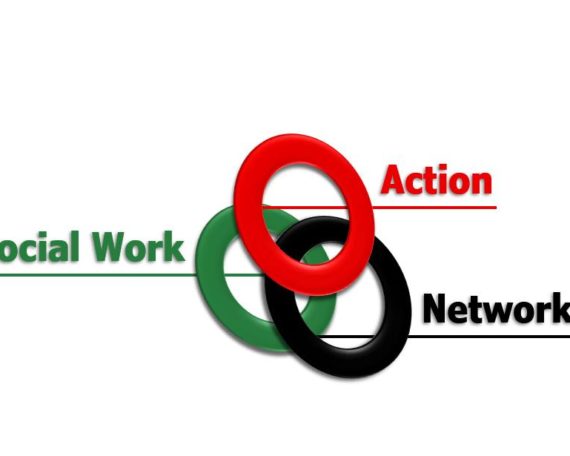SWAN nationally affiliated to the Autistic Rights Movement last year and set a precedent for doing the same with other service user groups and self-advocacy networks. Roderick Cobley from the London Autistic Rights Movement (LARM) was a guest speaker at the London SWAN monthly meeting in June. He provided an introduction to the concept of neurodiversity and its place in the social model of disability and how ignorance and discrimination against the ‘differently brained’ affects the lives of autistic people. The Autistic Rights Movement are campaigning against the medicalisation of autism and in favour of independent living.
 In kind, LARM invited London SWAN to speak at their equivalent meeting this September. I went along and gave a background to SWAN, our anti-cuts activity and some of the highlights from our recent national conference. I didn’t discuss social work and autism, with sparse personal knowledge, but rather identified areas of potential relevance to both SWAN and autistic people: DLA medical testing, slashing access to Employment Support Allowance and the disgrace of £15bn saved by 2015 in welfare cuts overall against a projected £10bn via the banking levy. I went on to mention the radical tradition in social work and how collective action is poignant now, not just to fight cuts, but as a vehicle for denuding professional power differentials between workers and service users.
In kind, LARM invited London SWAN to speak at their equivalent meeting this September. I went along and gave a background to SWAN, our anti-cuts activity and some of the highlights from our recent national conference. I didn’t discuss social work and autism, with sparse personal knowledge, but rather identified areas of potential relevance to both SWAN and autistic people: DLA medical testing, slashing access to Employment Support Allowance and the disgrace of £15bn saved by 2015 in welfare cuts overall against a projected £10bn via the banking levy. I went on to mention the radical tradition in social work and how collective action is poignant now, not just to fight cuts, but as a vehicle for denuding professional power differentials between workers and service users.
From this point, the meeting was a lesson for me! I was given a swift introduction to including people in our network and discourse via technology. One of the LARM members, for instance, was participating in the meeting by phone. SWAN could not only be more inclusive, but might widen its membership significantly with the use of Skype, telephones and various Web 2.0 technology.
As the conversation developed around inclusion we began to discuss appropriate communication for those with autism. Members shared with me their frustration at the depth of ignorance about autism shown by Department of Health officials over the recent Autism Strategy. If this wasn’t incredible enough, others suggested this was frequently an issue for the pan-disability movement – often basic matters such as failing to provide literature in appropriate formats. It appears the hierarchy of impairments is alive, well and does not favour those with Autistic Spectrum Disorders.
As we discussed changes to benefit testing, the direct impact of such changes became apparent. Those with ‘non-visible’ disabilities have raised concerns about how a medical assessment might miss fluctuating conditions and leave them in dire straits. One or two members were visibly nervous while we discussed this.
However, the sober mood of our discussion lightened as one of the members suggested that social workers refer to autistic people as the ‘service excluded’ rather than service users. How many social care service users will be able to identify with this over the approaching months and years? Another LARM representative said that while she was intimidated by news of cuts, she felt like chucking eggs at the government. We unanimously agreed that was the right kind of response.
LARM members indicated that radical social work could be common ground for dialogue between autistic people and social workers. With this in mind LARM plan to send delegates to forthcoming local and national SWAN events. They must be able to count on us to support their campaigning. Here emerges a wider network.

